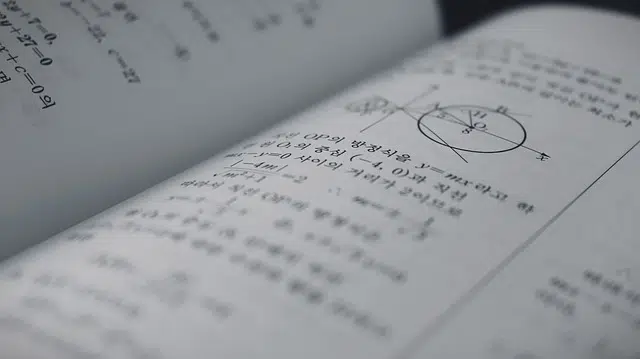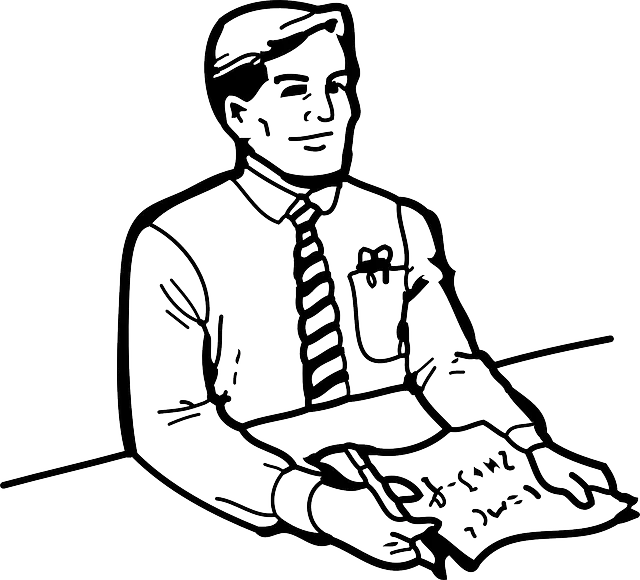
The notion of conjecture is used in the field of mathematics.
Conjecture is defined as the judgment that is formed as a result of making observations or analyzing evidence . The term, which comes from the Latin coniectūra , is very common in the field of mathematics.
In this case, the conjecture consists of a statement that, since it has not been proven but also not refuted, is conceived as true . Only when its truth has been demonstrated will the conjecture become a theorem and, therefore, can be used to develop other formal proofs.
Goldbach's conjecture
There are mathematicians who dedicate their entire lives to solving conjectures that arose in other times. One of the most famous is what is known as Goldbach's conjecture , which was proposed by the Prussian Christian Goldbach ( 1690 – 1764 ) and consists of the idea that any even figure that is greater than 2 can be written as the sum of a pair of prime numbers .
In the cinematographic field we have to state that this conjecture became the protagonist of a Spanish film titled “Fermat's Room.” In 2007, directors Rodrigo Sopeña and Luis Piedrahita brought this production to the big screen, which revolves around a young university student who is going to present his demonstration of the aforementioned conjecture.
However, that next appointment will be the one that brings with it not only someone entering your home and destroying everything in their path but also being called to a mysterious appointment attended by other characters who will be locked in a room. If they want to survive the different dangers they find there, they must solve various enigmas and mathematical problems.

There are mathematicians who dedicate themselves to trying to solve conjectures.
The resolution
Other mathematical conjectures that have become popular but have not yet been resolved indicate that “there is an infinite number of primes P such that P + 2 is also prime” or that “odd perfect numbers do not exist” , among many others.
When a mathematician meets the objective and proves a conjecture, it ceases to exist as such. The Spanish Francisco Santos , for example, solved the Hirsch conjecture in 2010 , stated by Warren M. Hirsch ( 1918 – 2007 ) in 1957 .
Conjecture as hypothesis
In everyday language, one can also speak of conjectures to refer to hypotheses or theories that have not yet been proven: “I believe that your brother put the house up for sale since he plans to get divorced, although it is just a conjecture on my part,” “No. “I understand Hugo's reaction: it seems like he got angry at your speculations about Laura.”
In this case, we can establish that the term we are analyzing is used with this meaning both in the police field and in the field of law. Thus, for example, we find the fact that the police, when they are carrying out the clarification of a crime, often make conjectures about it, based on the clues, in order to reach the truth of what happened.
In the same way, in the legal sector, conjectures are also used during trials in which both parties, the prosecution and defense, raise them in order to establish the principles of their action and thus convince the judge of what they mean. they propose.
